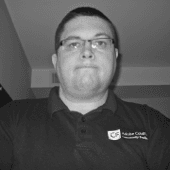14
2013
2013 May Meetup
Summary
If you work within public sector IT or are just a mere tax payer you should have an interest in Brian Werham, our main speaker for May, who will share extracts and experience from his recently published book: "Agile Project Management for Government: Leadership skills for implementation of large-scale public sector projects in months, not years". It's received five star Amazon reviews and I'm confident Brian will too. He may even play his ukulele! We’ll also dive into the Mikado Method, a straightforward approach to refactoring legacy systems that promises to turn your long, painful refactoring projects into efficient, manageable tasks. It's a night not to be missed for anyone looking to keep their systems running smoothly while embracing change.
Programme
How the FBI saved the $500m Sentinel project using agile project management.

Brian Wernham
Mikado Method - Making Code Changes Less of an Impact.







